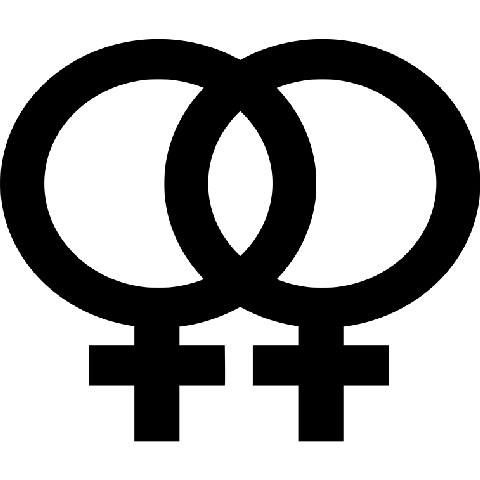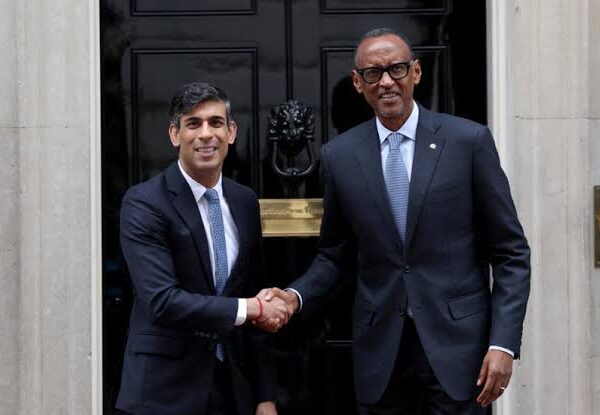India’s supreme court has struck down a colonial-era law that effectively banned homosexual sex acts in a landmark ruling for gay rights.
The court announced the verdict in Delhi on Thursday morning, drawing cheers from a crowd of LBGTI Indians and their supporters gathered on a lawn outside the building.
“It’s in our favour,” a young woman, Smriti, shouted as she embraced three others before they were mobbed by television cameras. They had seen a text message from a journalist inside the court. “That’s when we knew they had lifted it,” she said.
“It’s a positive. I mean there’s so much work to be done, but it’s a great first step,” the university student, 19, said. “We’re not criminals in our own country.”
Ritu Dalmia, one of the five LBGTI Indians who put their name to a legal petition that succeeded on Thursday, said the verdict made her feel hope once again.
“I was turning into a cynical human being with very little belief in the system, but honestly this has really shown once again that, at the end, we are a functional democracy where freedom of choice, speech and rights still exist,” she said.
The decision appears to mark the end of a fraught path to legalising homosexuality in modern India. Early cases filed in 1994 and then 2001 bounced back and forth for years between higher courts reluctant to rule on the issue.
In 2009, the Delhi high court struck down Section 377 of the Indian penal code, finding its ban on “carnal intercourse against the order of nature” breached the rights to life, liberty and equality enshrined in the country’s constitution.
That decision was overturned four years later by the supreme court, which argued that the 160-year old law that came to be associated with homosexual sex had been used so infrequently — fewer than 200 times, according to the judgment – and against such a “minuscule fraction” of the population that it could not be said to violate Indians’ constitutional rights.
Activists were blindsided by the decision and thousands of Indians grappled with a fundamental part of their identity being suddenly restored as a criminal offence, punishable by life imprisonment. “It was surprising and a very strange verdict,” says Mohan, a lawyer in Delhi, who asked to use only his last name, still concerned by stigma he might face in the workplace.
Critics of the law say that though prosecutions under section 377 are rare, it is frequently used to blackmail gay and lesbian Indians and contributes to their marginalisation, while also inhibiting efforts to fight diseases such as HIV/Aids.
Lawyers have steadily worked to overturn the supreme court’s decision but had a breakthrough in 2017.
“What changed everything was last year’s privacy judgment,” said Gautam Bhatia, a Delhi-based lawyer and legal scholar. “In August 2017, the supreme court held there was a fundamental right to privacy, and as part of that, five judges said the 2013 decision was wrong.”
He added: “It was unprecedented. The judges commented on a completely unconnected case to say it was wrong. But once they said it, with the imprimatur of a full bench behind it, section 377 was gone, implicitly if not formally.”
The decision legalises behaviour that many Indians say was accepted in their culture before the imposition of conservative Victorian mores during the British imperial era. The anti-sodomy law was imposed in the Indian colony in 1860 as part of a raft of laws against public vice and immorality instituted across the British empire.
Guardian




I visited several websites but the audio quality for audio songs current at this site is truly marvelous.
Wonderful goods from you, man. I’ve be aware your stuff prior to and you’re simply too fantastic. I really like what you’ve acquired here, really like what you’re stating and the best way during which you are saying it. You are making it entertaining and you still take care of to stay it sensible. I can not wait to read far more from you. This is actually a wonderful website.